Gifts in the Wild
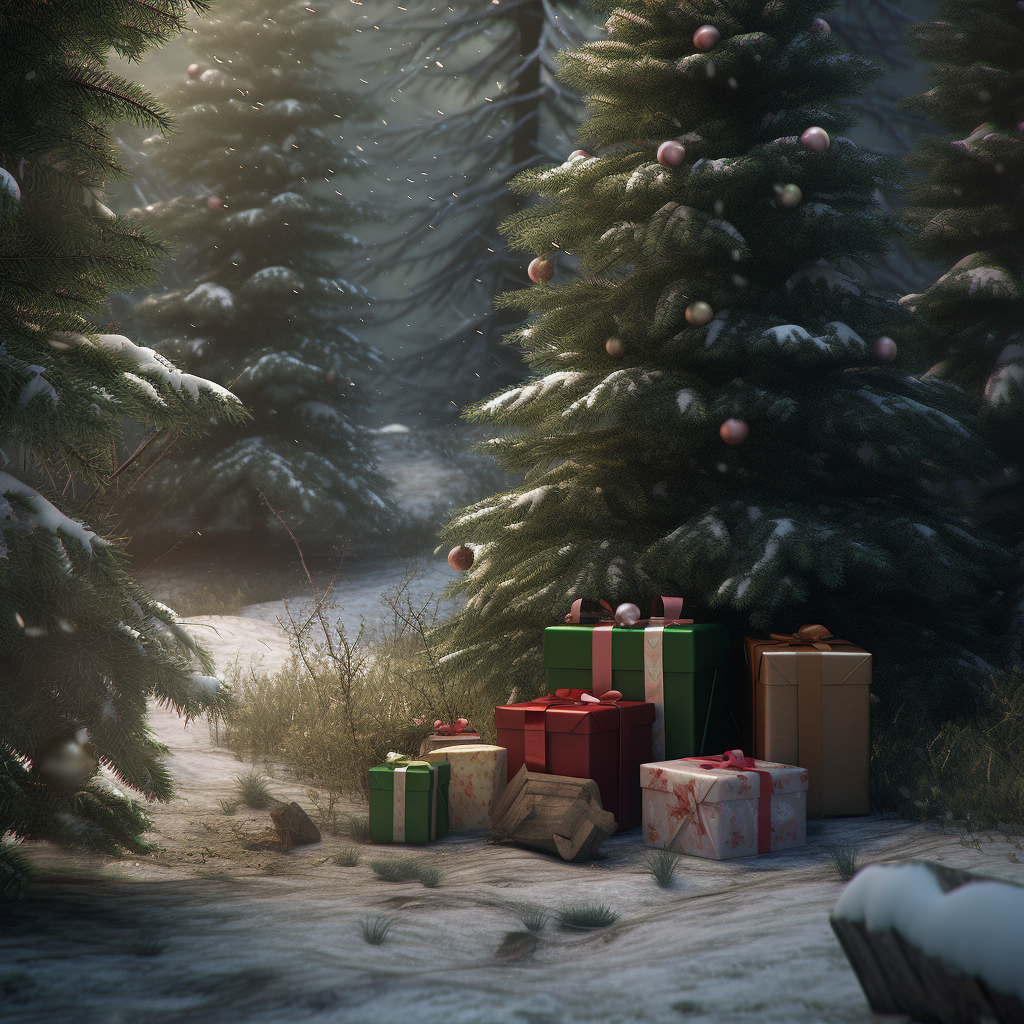
Do you find yourself thinking about gifts at this time of year?
Philosophers and researchers have long been fascinated by gifts, and gift giving, because the act of giving something away raises questions about how the giver benefits from this transaction.
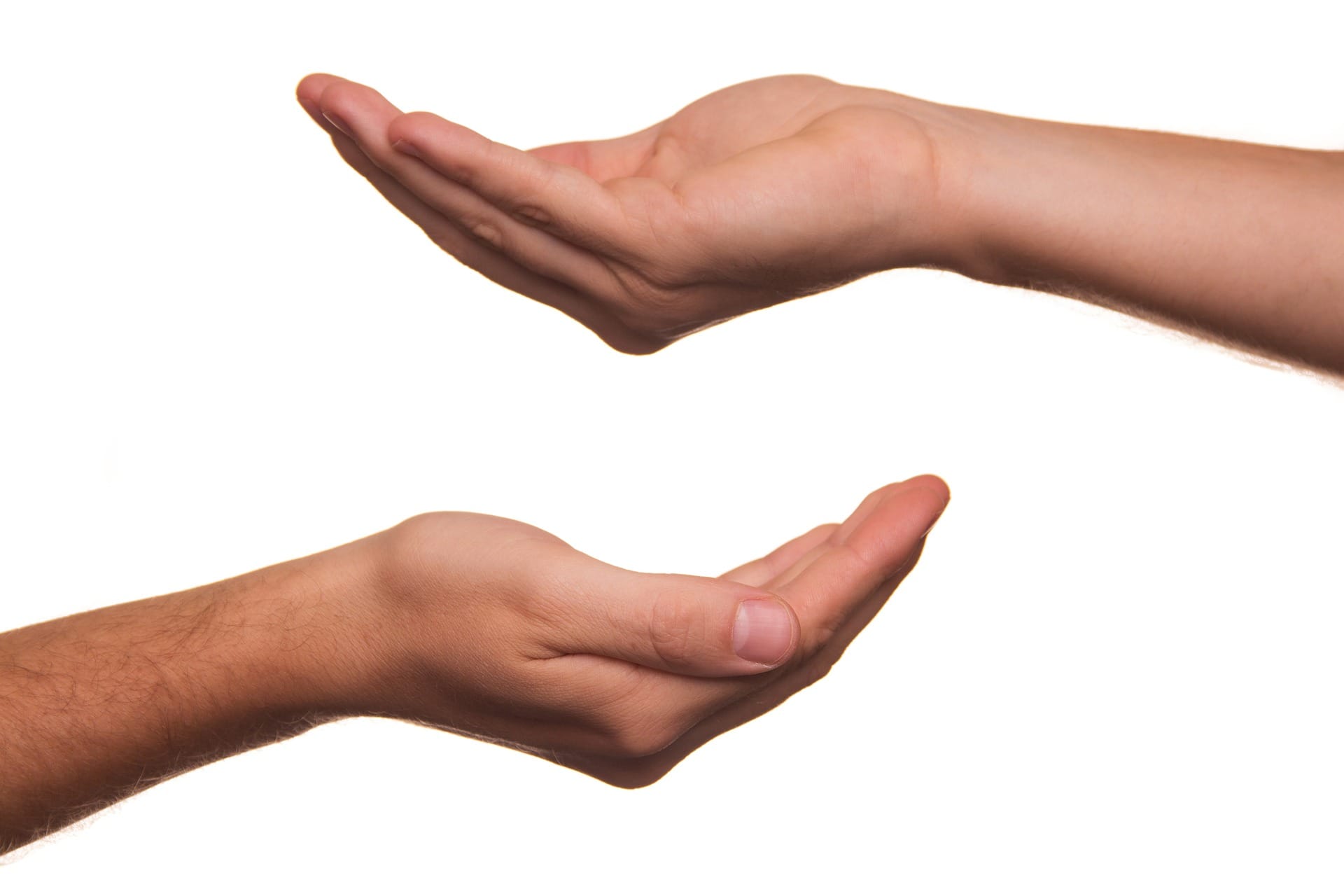
For example, evolutionary biologists look at this question from the perspective of genetic gain, psychologists look at it from the perspective of brain chemistry and positive emotions, and anthropologists look at it from the perspective of social hierarchies.
I find it fascinating that there always seems to be an underlying assumption that we give gifts because there's a reward involved. Why can't gift-giving just be a simple act of joy and kindness?

A question like this is especially relevant when we explore the world of gift giving in animals.
Scientists often assume that animals are merely motivated by selfish gain when they offer gifts. Many gifts that animals give each other are called "nuptial gifts" on the idea that gift-giving is nothing more than an invitation for sex (i.e. the successful passing on of your genes).
This includes examples like male spiders presenting females with food wrapped in silk, male scorpionflies offering balls of saliva, or birds bringing tasty snacks to their mates.
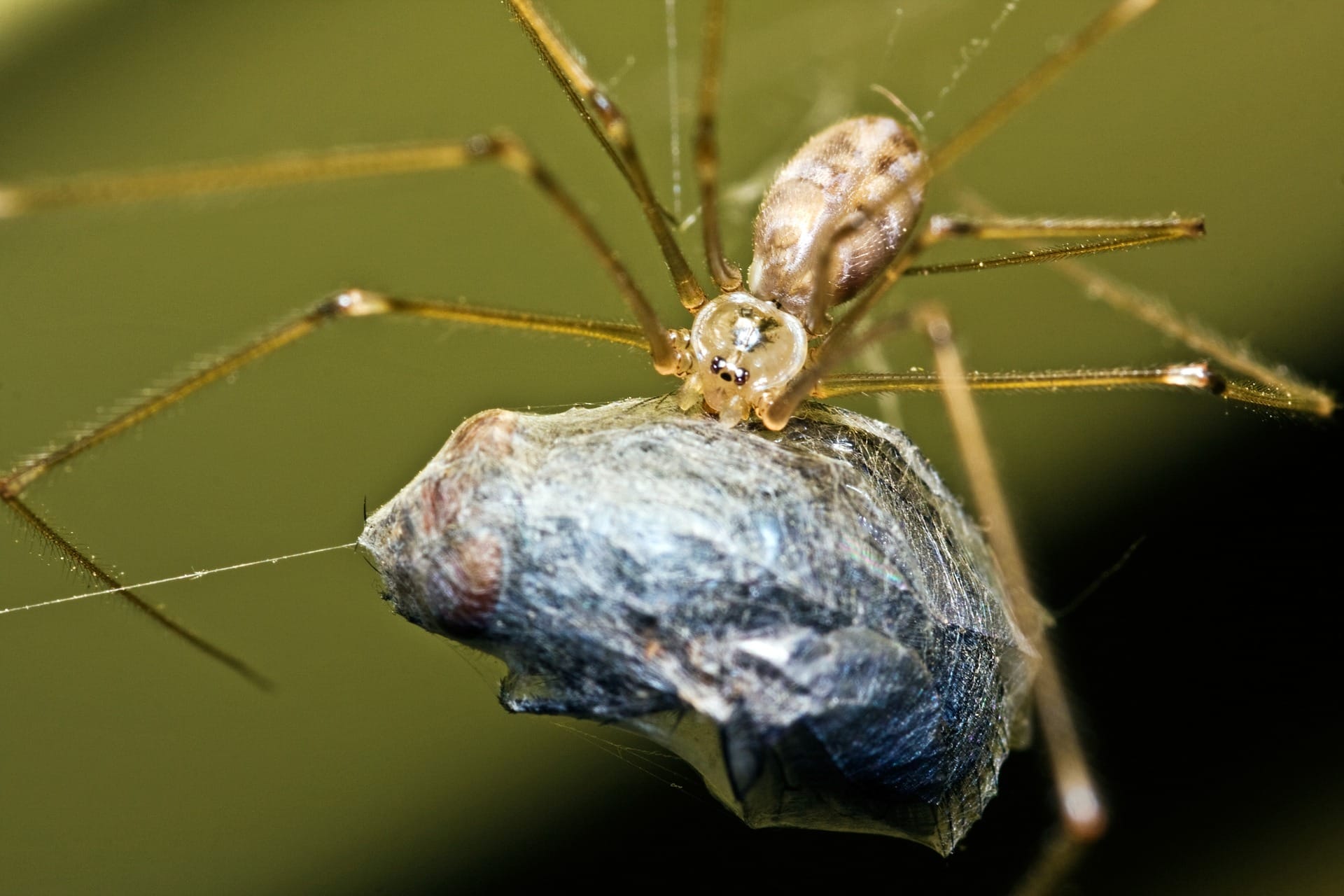
However, there are countless examples that feel like something else is going on. Bonobo apes, for example, freely give gifts to complete strangers in order to make friends.
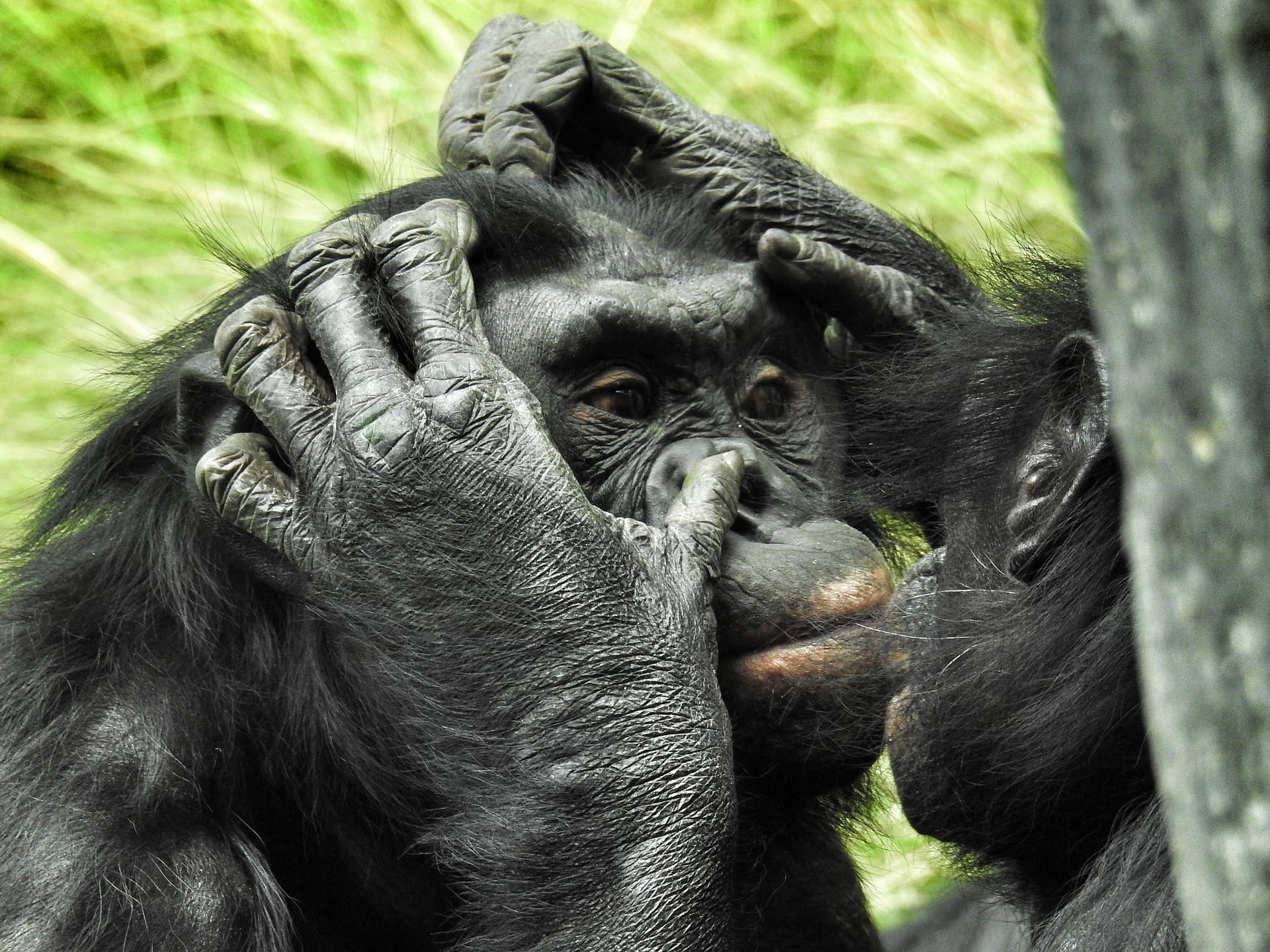
And gifts in the animal world—as in the human world—don't always have to be physical objects, they can also be acts of kindness and empathy.


For instance, in one study where monkeys were trained to insert tokens into a slot to obtain food, a male was observed helping an older female who was unable to learn the task. On three occasions he picked up tokens she had dropped and put them in the machine to help her reach the food.
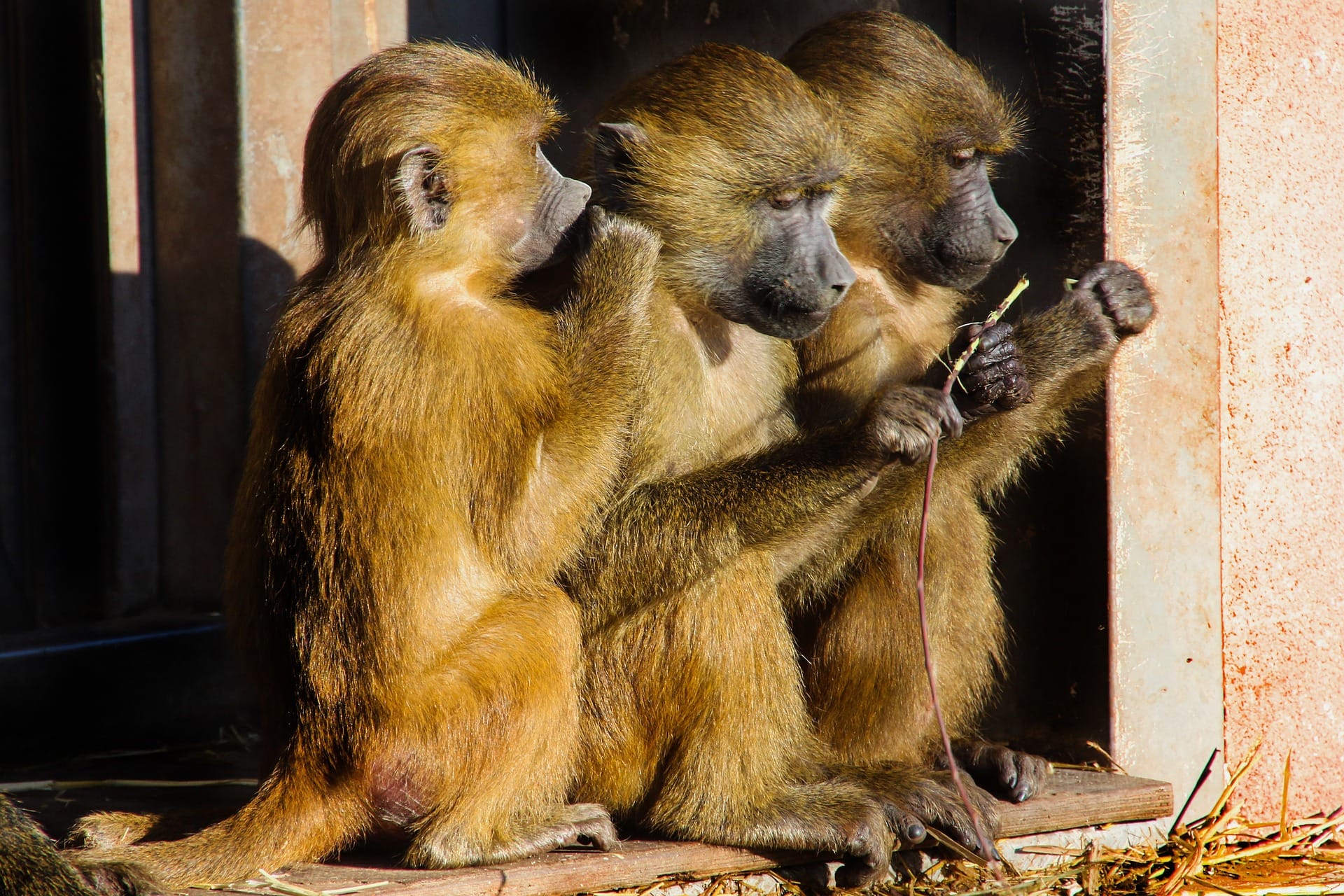
Similar acts of empathy and caring have been recorded in many animals including primates, pachyderms, cetaceans, social carnivores, and rodents.
And what about cross-species gift giving, such as when wild animals offer gifts to humans? Several years ago, there was a story of an 8-year-old girl in Seattle who loved feeding crows that left her hundreds of little trinkets in exchange (see the story in this 3-minute BBC video), while the coverage prompted a flood of stories from other people with similar experiences.
There are many other accounts of animals offering gifts to people, including dolphins bringing people presents of coral and sea sponges.
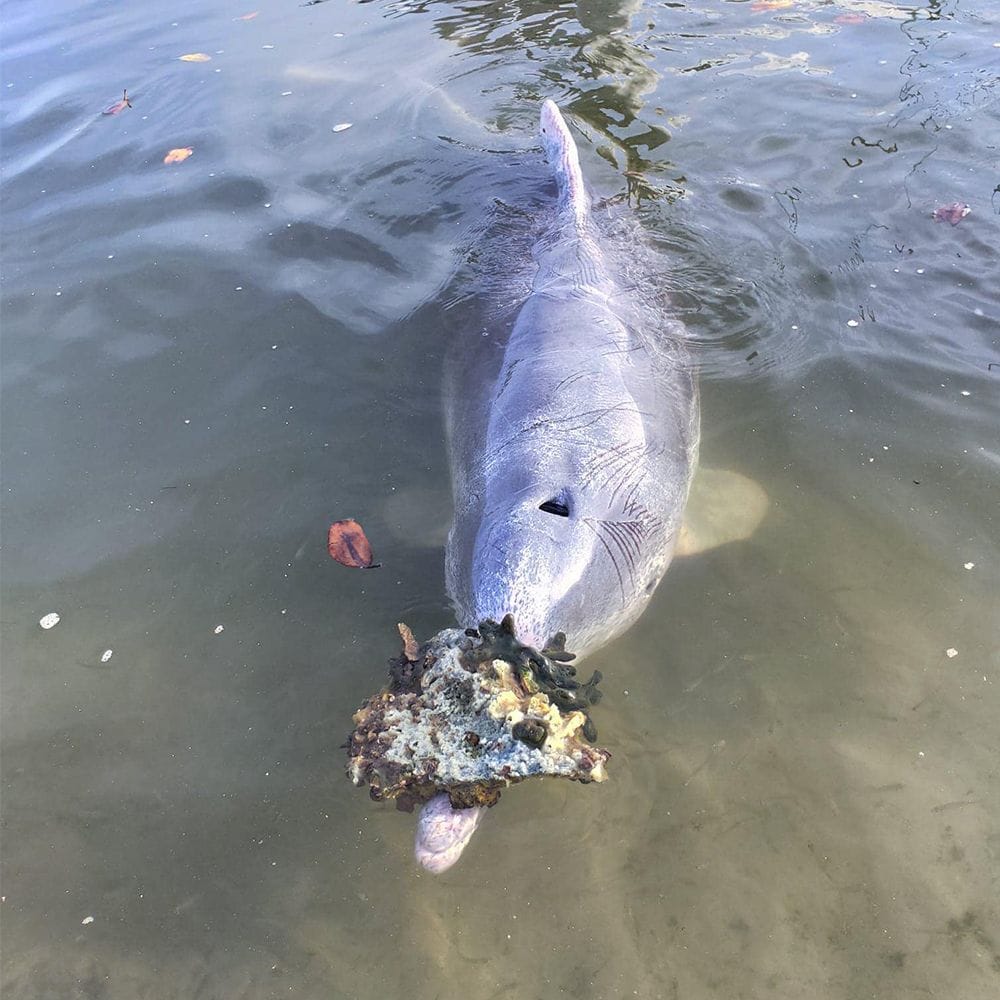
The American physician Paul MacLean suggests that there are three layers in the human brain: a primitive core that is surrounded by an early mammalian layer, then gift-wrapped with an outer layer of modern brain tissue.
This suggests that gift-giving and kindness in humans might seem to us like an advanced behavior, but is in fact, at its core, an ancestral impulse shared throughout the animal kingdom.
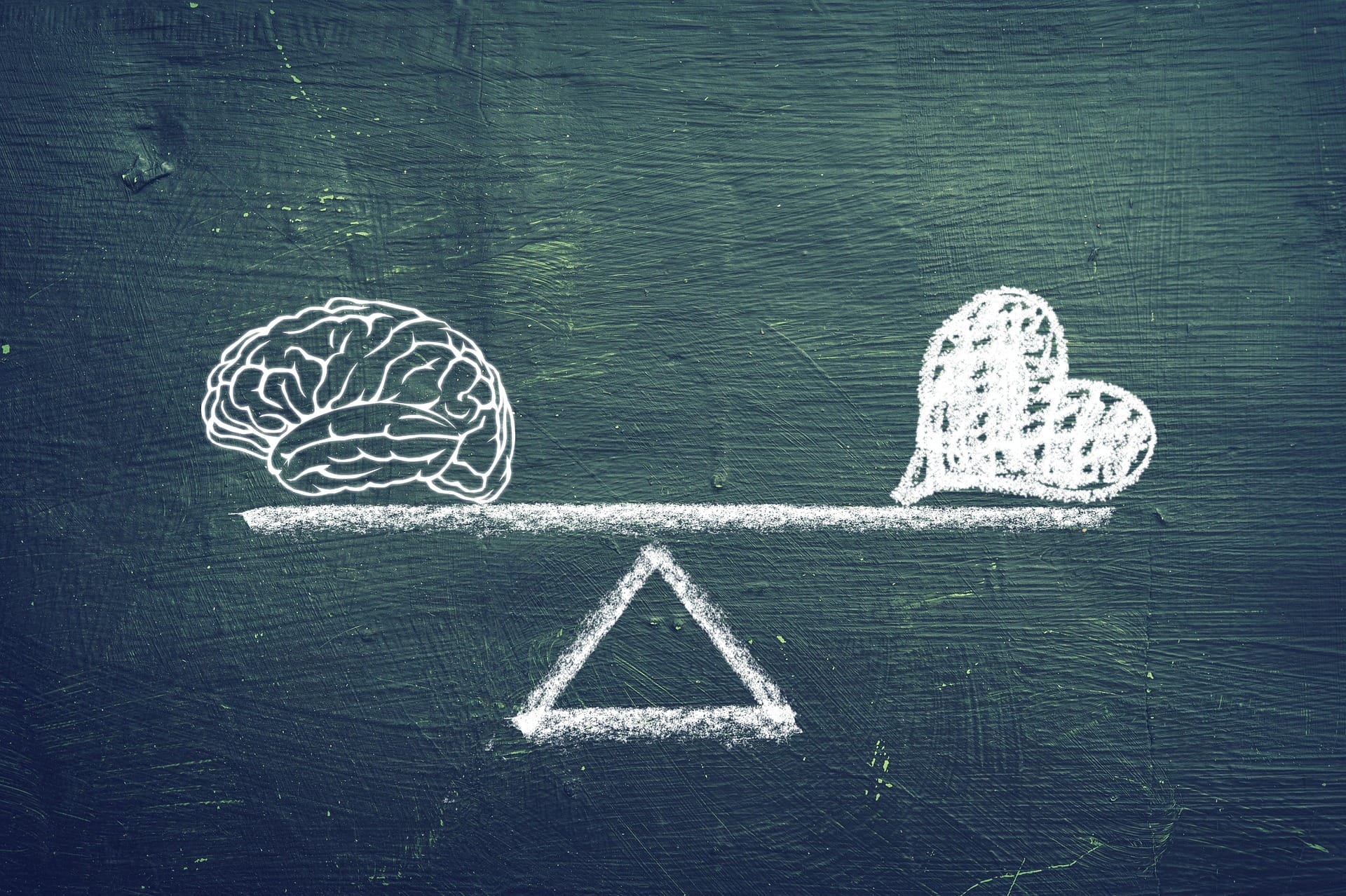
Somehow, learning that gift-giving might be a simple, ancient pleasure shared by many animals feels far more pleasing to me than the idea that we give gifts in order to be rewarded. What do you think?
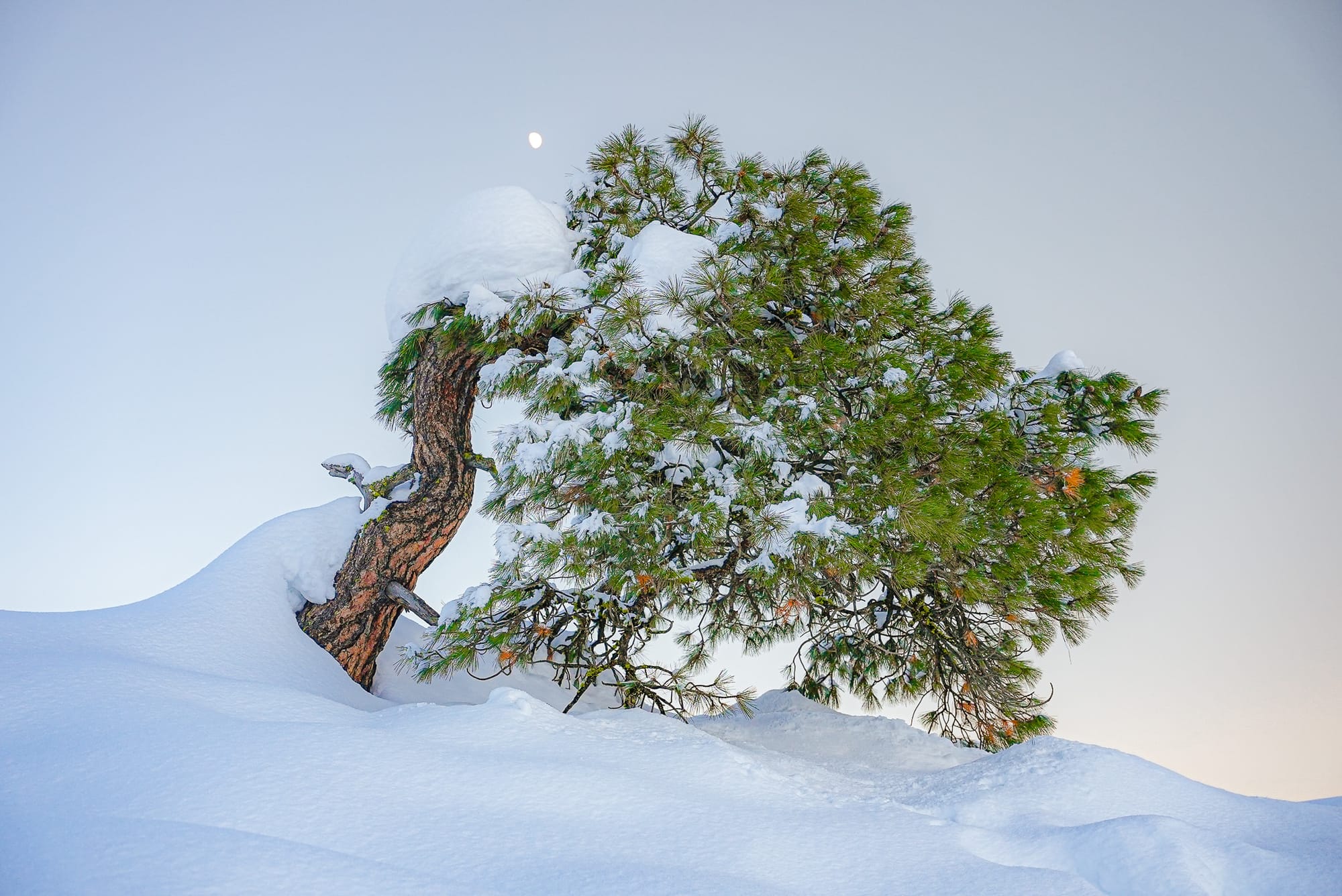
Winter Ecology Talk
In the spirit of giving thanks, I am offering a free Zoom talk on the ecology of snow and ice this Sunday at 4 p.m. PST. This is a fascinating topic so I hope you can make it! 😄
The live talk will be available for all subscribers, while a special recorded version will also be available for paid subscribers who miss the live talk.
Check your email for the private invitation and Zoom link I sent everyone a couple days ago and let me know if you didn't receive your invitation.

Member discussion